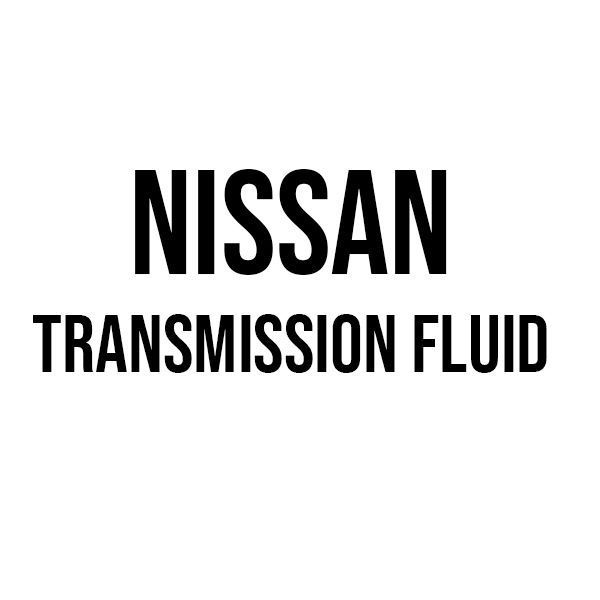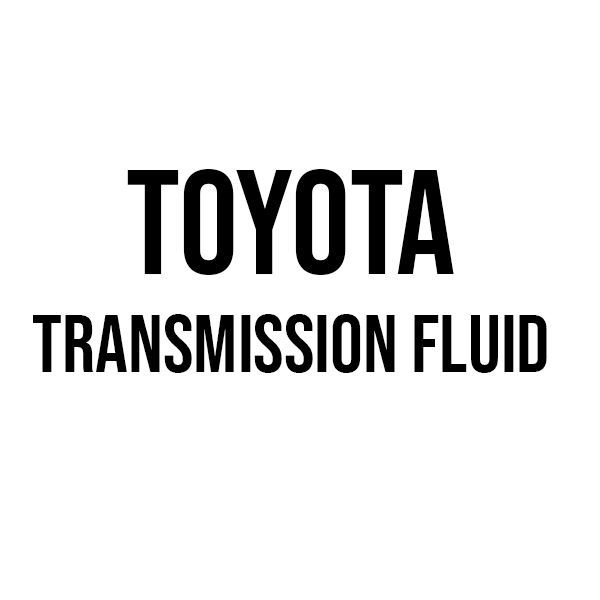FAQs
Almanzar Auto Clinic
Have a question about vehicle maintenance and repair? Almanzar Auto Clinic has the answer. Check out these FAQs and call or text us today for more information!
How often should I get my car serviced?
Generally, it's advisable to have your vehicle serviced every six months or 6,000 miles, whichever occurs first. However, it's essential to consult your vehicle's owner manual for specific service intervals recommended by the manufacturer.What should I do if my check engine light comes on?
The illumination of your check engine light can indicate various issues, ranging from a simple loose gas cap to more complex problems like a malfunctioning catalytic converter. We recommend having a diagnostic scan performed to accurately identify the underlying issue.How can I tell if my brakes need to be replaced?
Several signs may indicate the need for brake replacement, including squeaking or grinding noises during braking, a soft brake pedal, or your vehicle pulling to one side when you apply the brakes. If you observe any of these symptoms, it's crucial to have your brake system inspected promptly.What are some signs that my car's battery is failing?
Indications of a failing car battery may include difficulty starting the vehicle, dimming headlights, or electrical system issues. It's worth noting that cold weather can impact battery performance, so we recommend having your battery tested during the colder months.What causes my car to overheat?
Engine overheating can result from various factors, such as low coolant levels, a malfunctioning radiator, a faulty thermostat, or a damaged water pump. If you notice your engine temperature rising above the normal range, it's crucial to stop driving and address the issue promptly to prevent severe engine damage.Why is my car making a strange noise?
Unusual noises in your vehicle can stem from numerous sources, including worn parts, insufficient lubrication, loose components, or issues with the suspension, exhaust, or brakes. We recommend having a professional mechanic diagnose the specific cause of the noise.What does it mean if my car is vibrating?
Vibrations in your vehicle could indicate problems with your tires, wheel alignment, brakes, or suspension. Common causes include unbalanced wheels, worn brake rotors, or misaligned suspension components.What is the difference between a car's oil change and a full service?
An oil change involves replacing the engine oil and typically the oil filter to ensure optimal engine performance. A full service encompasses the oil change plus inspection and potential replacement of other fluids, as well as thorough checks of the brakes, tires, lights, battery, belts, and other crucial vehicle components.How can I tell if my car needs new tires?
Signs that your tires may need replacement include worn tread, visible cracks or bulges, uneven wear patterns, or a vibrating steering wheel while driving. A simple method to check is the 'penny test' - insert a penny into the tread with Lincoln's head upside down. If you can see Lincoln's entire head, it's time to consider new tires.














Share On: